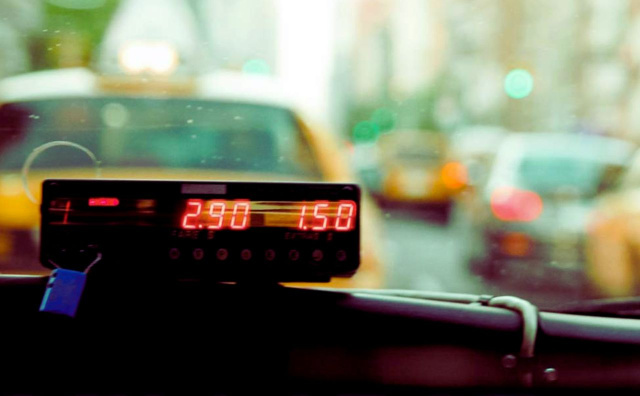Taxi passengers across Bulgaria will begin seeing fare displays in euros starting January 1, 2025, as the country takes a major step toward adopting the single European currency. But industry insiders are warning of growing disorganization and a lack of technical readiness that could severely disrupt taxi services if not addressed in time.
Currently, pricing stickers on taxi windows are the only visible indicators showing dual currency—Bulgarian leva and euros—while digital taxi meters still reflect fares in leva. This interim solution will continue until the end of 2024, as the software enabling euro fare displays is still under development.
Snezhana Nikova, head of the Branch Organization of Taxi Drivers and Carriers in Bulgaria, voiced deep concern over the lag in preparations. “Everything is unclear and disorganized,” she said, citing delays from the two domestic manufacturers of taxi equipment in Sofia and Silistra who have yet to finalize the updated euro-compatible software.
The eventual goal is clear: by January 1, 2026, all of Bulgaria’s estimated 30,000 taxis must have fully upgraded cash registers capable of printing receipts exclusively in euros.
Failure to comply with this mandate will result in taxis being barred from operating. The cost of compliance is significant, with each vehicle requiring about 1,000 leva for the new equipment, installation, and metrological certification.
Taxi operators are urging authorities to begin the replacement process early to avoid a last-minute rush that could leave many drivers off the road.
In the meantime, taxis and fuel stations are temporarily exempt from showing dual pricing on digital meters and pumps—a reprieve that expires at the end of 2025. However, the everyday logistics of using two currencies remain a challenge.
Nikova highlighted a practical dilemma drivers face: managing payments and making change in both leva and euros without access to euro cents. “We’ll be carrying both currencies, but we don’t have euro cents,” she explained. “Rounding up by 50 cents is reasonable, but anything beyond that should be avoided.”
As Bulgaria pushes forward with its euro adoption roadmap, the taxi sector finds itself in a state of anxious anticipation. With just 18 months remaining before the full transition, all eyes are on the software developers and policymakers to ensure that taxis are not left behind in the country’s currency shift.

